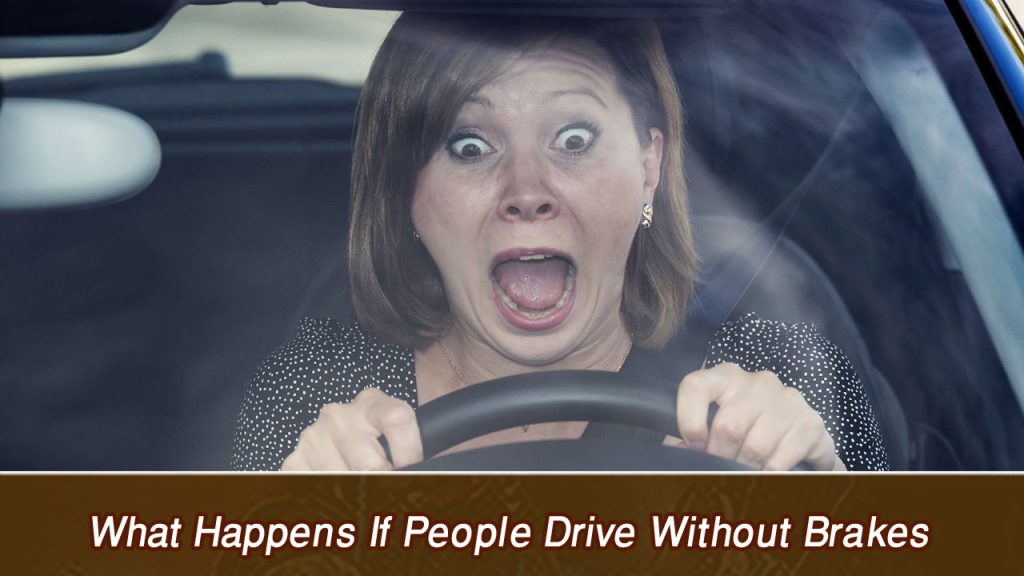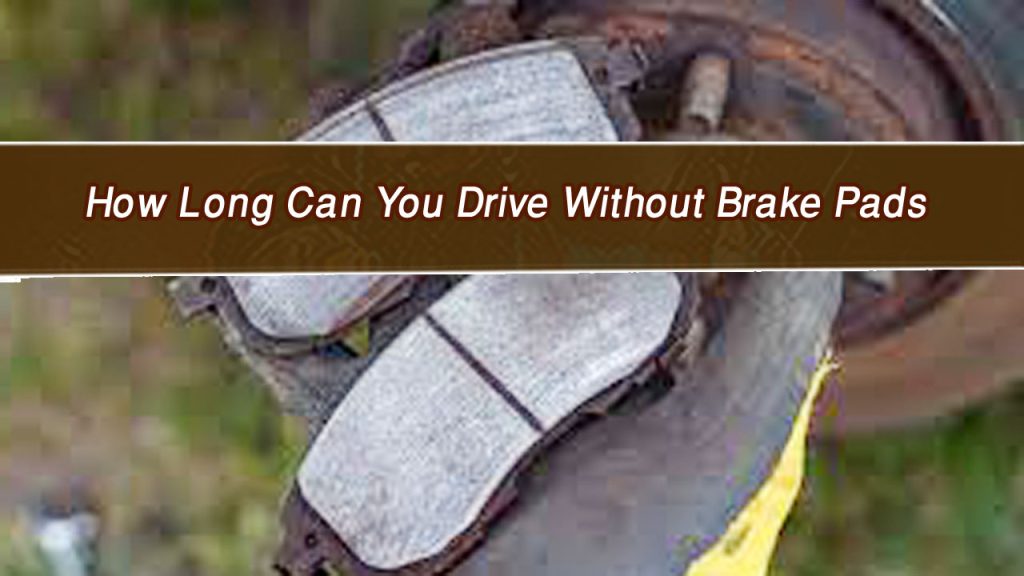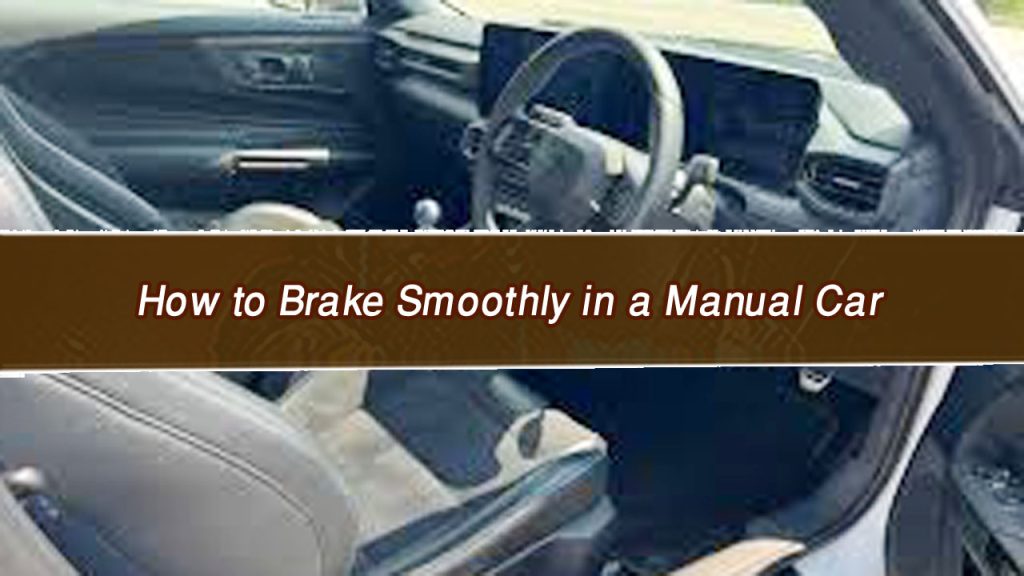Have you ever thought about what would happen if your car brakes suddenly stopped working? It’s a terrifying thought, isn’t it? Brakes are such an integral part of driving that most of us take them for granted. But what if they weren’t there? Or worse, what if they failed while you were on the road? As someone who has explored this topic thoroughly, I can tell you that driving without brakes is not just dangerous—it’s life-threatening. Let’s dive into what happens when people drive without brakes, why it’s so risky, and what you can do to prevent or handle such situations.

Image by nubrakes
Why Brakes Are Crucial for Driving
Before we dive into the scenarios and consequences of driving without brakes, let’s talk about why brakes are essential in the first place. Brakes aren’t just there to stop the car; they’re critical for controlling your vehicle and ensuring safety.
Functions of a Brake System
- Stopping Power: Brakes allow you to bring the car to a halt safely.
- Control: They help you navigate curves, avoid obstacles, and maintain control.
- Safety: Brakes reduce the risk of collisions and accidents.
Without brakes, your car would essentially be a runaway machine, putting not just you but everyone else on the road in danger.
What Happens When You Drive Without Brakes?
The immediate answer is chaos. Here’s a breakdown of what can happen:
Loss of Vehicle Control
Without brakes, it becomes nearly impossible to stop or slow down. This can make steering and navigating extremely challenging, especially in traffic or on winding roads.
Increased Risk of Collisions
The inability to stop increases the chances of rear-ending another vehicle, hitting pedestrians, or colliding with roadside objects.
Damage to the Car
If you attempt to stop the car using methods other than brakes—like shifting to lower gears or using the emergency brake—you could cause severe damage to your transmission, tires, or other components.
Legal Consequences
Driving a vehicle without functional brakes is illegal and can result in hefty fines, penalties, or even jail time, depending on the severity of the situation.
Causes of Brake Failure
Brake failure doesn’t just happen out of the blue. There are several reasons why brakes might stop working, and understanding these can help you prevent an emergency.
Worn-Out Brake Pads
Brake pads wear down over time, reducing their ability to create the friction needed to stop the car.
Brake Fluid Leaks
Brake fluid is essential for transmitting force within the hydraulic system. A leak can lead to a complete loss of braking power.
Overheating
Excessive use of brakes, especially on steep downhill drives, can cause them to overheat and lose effectiveness.
Damaged Brake Lines
Corroded or damaged brake lines can fail, leading to a sudden loss of hydraulic pressure.
Neglect and Poor Maintenance
Skipping regular brake inspections and maintenance can result in undetected issues that eventually lead to failure.
Signs Your Brakes Are Failing
It’s rare for brakes to fail without warning. Here are some red flags to watch for:
- Soft or Spongy Brake Pedal: Indicates air in the brake lines or fluid issues.
- Squealing or Grinding Noises: Often a sign of worn brake pads.
- Brake Warning Light: A clear indicator that something is wrong.
- Vibration While Braking: Could mean warped rotors or other mechanical issues.
Ignoring these signs can escalate the problem and lead to total brake failure.
What to Do If Your Brakes Fail While Driving
Experiencing brake failure can be terrifying, but staying calm is the most important thing. Here’s what you should do:
Don’t Panic
Take a deep breath and focus on controlling the vehicle. Panic can cloud your judgment and make the situation worse.
Downshift Gradually
If you drive a manual car, shift to a lower gear to slow the vehicle. In an automatic, switch to a lower gear setting.
Use the Emergency Brake
The emergency brake (or parking brake) is designed to stop the car in situations like this. Apply it slowly to avoid locking the wheels.
Steer to Safety
If possible, steer the car onto the shoulder or a safe area away from traffic. Use your horn and hazard lights to alert others.
Avoid Turning Off the Engine
Turning off the engine will disable power steering, making it harder to control the car.
Preventing Brake Failure
The best way to avoid driving without brakes is through regular maintenance and inspections. Here’s how you can ensure your brakes remain in top condition:
Check Brake Pads Regularly
Inspect and replace brake pads as needed to prevent wear and tear.
Monitor Brake Fluid Levels
Check for leaks and ensure the fluid is clean and at the recommended level.
Inspect Rotors and Drums
Warped rotors or damaged drums can compromise braking performance.
Test the Emergency Brake
Make sure your emergency brake is functional and can stop the car if needed.
Schedule Routine Maintenance
Regular visits to a trusted mechanic can help catch issues early before they become major problems.
Consequences of Driving Without Brakes
Driving without brakes is not just a personal risk; it’s a public safety hazard. Let’s break down the potential consequences:
| Category | Impact |
|---|---|
| Safety | High risk of accidents and injuries |
| Legal | Fines, penalties, or jail time |
| Financial | Costly repairs and liability for damages |
| Emotional | Stress, guilt, and trauma from accidents |
The risks far outweigh any reason to drive a vehicle without functioning brakes.
Real-Life Stories of Brake Failure
Hearing about real-life incidents can highlight the dangers of brake failure. There have been cases where drivers lost control due to brake issues, leading to tragic outcomes. These stories serve as reminders of why brake maintenance is so critical.
Conclusion
Driving without brakes is one of the most dangerous things anyone can do. Brakes are the lifeline of your vehicle, and their importance cannot be overstated. From maintaining control to avoiding accidents, they play a vital role in keeping you and everyone else on the road safe.
If you ever suspect an issue with your brakes, address it immediately. Regular maintenance, inspections, and understanding how brakes work can prevent most problems before they turn into emergencies. At the end of the day, safety should always be your top priority.
FAQs
What should I do if my brakes fail while driving?
Stay calm, downshift to a lower gear, use the emergency brake, and steer to safety.
How often should I check my brakes?
It’s a good idea to have your brakes inspected at least once a year or every 12,000 miles.
Can I drive with a brake warning light on?
No, a brake warning light indicates a serious issue. Get it checked immediately.
Is it expensive to fix brakes?
The cost depends on the issue, but addressing it early can save you money in the long run.
Why do brakes fail?
Brake failure is usually caused by worn pads, fluid leaks, overheating, or poor maintenance.


